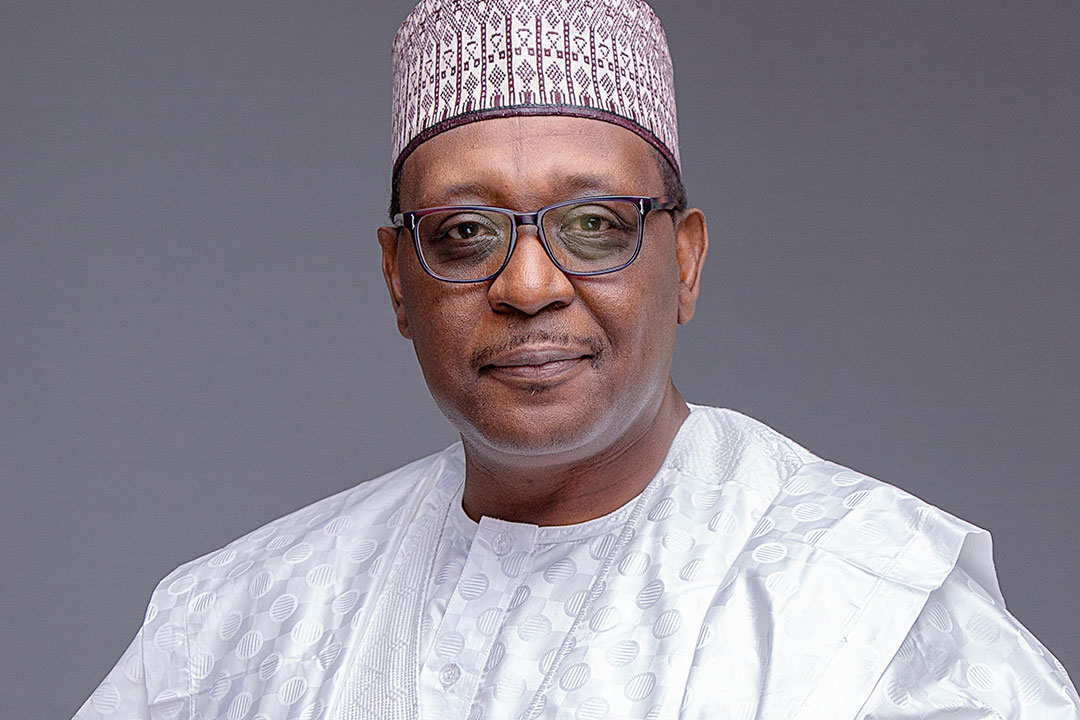The Nigerian healthcare system faces a lot of shortcomings in every ramification, including acute lack of infrastructure and facilities, shortage of qualified manpower, and inadequate drugs. There is also the issue of incessant strikes by health workers and the government’s failure to address issues in the sector through adequate funding.
However, the recent emergence of Prof. Ali Pate as the Coordinating Minister of Health and Social Welfare has rekindled hope, with many seeing the appointment not only as that of a round peg in a round hole, but also one that can turn things around for the good of the sector. We, therefore, congratulate Pate, a thorough professional of global acclaim, on this appointment, which provides him with an opportunity to serve the government as well as humanity.
The task ahead of the new minister and his team is no doubt an onerous one; an assignment where failure is not an option. There are many areas that yearn for the immediate attention of the minister to make the health sector more efficient, effective and people-oriented for the benefit of all the citizens of Nigeria.
Our first advice to the minister is to start by rejigging the nation’s primary healthcare system, which is mostly the first point of call for those who seek better health. Here, his experience as a former Executive Director and Chief Executive Officer of the National Primary Health Care Development Agency (NPHCDA) and former Minister of State for Health should come in handy. If the PHC is strengthened and equipped, there will be less burden on the secondary and tertiary health institutions.
- 2022 flooding: Farmers decry exclusion from N1.5bn relief materials
- Police watch as hoodlums beat vigilante to death, Niger residents allege
While speaking at a media briefing in Abuja in May this year, the Executive Director of the National Primary Health Care Development Agency (NPHCDA), Faisal Shuaib, said only 463 (1.8 per cent) out of 25,380 Primary Healthcare Centres (PHCs) in the country have the required number of Skilled Birth Attendants (SBAs). The World Health Organisation (WHO), also reported that only a quarter of all the PHCs have more than 25% of the minimum required equipment package. The capacity to provide basic emergency obstetrics services is limited to about 20 per cent of the facilities. Due to the foregoing, N1.95 trillion ($5.4 billion), representing 84 per cent of primary health care expenditure, was spent in non-PHC facilities (that is, secondary and tertiary care in 2017).
Basic diseases like malaria, pneumonia, diarrhoea etc should also be on the priority list of the minister to make their treatment more effective by making their drugs and other medicaments available. As a global player in the health system, the minister should key into the production of vaccines and achieve local capacity so that they can be easily available and accessible. It is a sad commentary that Nigeria contributes 27 per cent to the world’s malaria burden, and constitutes 23 per cent of deaths from the disease globally, as contained in a report.
Funding of the health sector is another area where the minister should work assiduously to achieve a significant increase. Though the sum of N1.17 trillion was allocated to the health sector in the 2023 fiscal year, it still fell short of the Abuja Declaration by African leaders in 2001 and the WHO, which recommended at least 15 per cent allocation of yearly national budgets to health.
There is also the brain drain syndrome, which is more pronounced in the health sector. Qualified and skilled healthcare professionals are leaving Nigeria in droves (50 doctors leave Nigeria every week according to NMA).
Data obtained from the Medical and Dental Council of Nigeria as of May 30, revealed that 88,692 doctors are registered in their books. Of these doctors, only 45,000 are currently practising and that gives us a ratio of one doctor to 4,088 persons. While some have blamed this sad reality on negative conditions of service in the country, others believe our doctors are being enticed with incentives, including modern equipment, conducive working environment and steady career growth. The minister has a responsibility to end this negative practice.
The President of the Nigerian Medical Association, Uche Rowland, at a symposium on the brain drain in Nigeria’s health sector and its implications on the sector, in October last year, stated that, “In 2015, 233 Nigerian doctors moved to the UK; in 2016, the number increased to 279; in 2017, the figure was 475, in 2018, the figure rose to 852, in 2019 it jumped to 1,347; in 2020, the figure was 833 and in 2021 it was put at 932.”
The health minister also has a responsibility to lead Nigeria’s efforts towards achieving Goal Number 3 of the Sustainable Development Goals (SDGs) which, as captured by the United Nations, addresses all major health priorities, ranging from reproductive, maternal, newborn, child and adolescent health; communicable and non-communicable diseases; universal health coverage; and access for all to safe, effective, quality and affordable medicines and vaccines. Simply put, this health assignment is one Prof. Pate must approach with all sense of commitment and dedication. We wish the minister success.

 Join Daily Trust WhatsApp Community For Quick Access To News and Happenings Around You.
Join Daily Trust WhatsApp Community For Quick Access To News and Happenings Around You.

